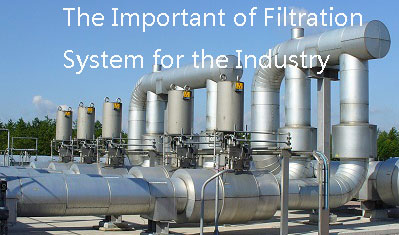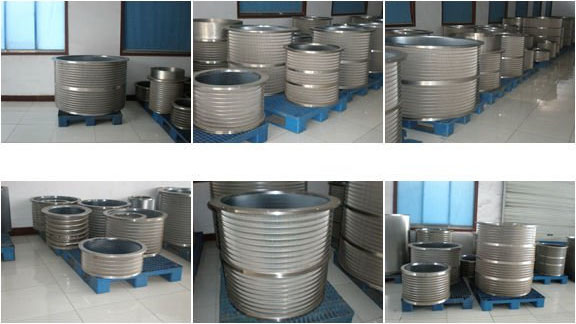Tel: +86 311 8595 5658 E-mail: admin@yuanlvfilter.com
The most common uses for filtration include:
1. Protecting Equipment from Ingesting Harmful Contaminants
2. Removing Contaminants to Purify air and gas streams
3. Protecting Personnel and the Work Environment
4. Separating and Isolating Desirable Product from the Air Stream,etc

1. Protecting Equipment from Ingesting Harmful Contaminants
Contaminants that are present during the manufacturing process can be extremely damaging to equipment. One of the most important roles of industrial filtration is to capture and remove these contaminants and contain them for proper removal and disposal.
For instance, vacuum pumps are commonly used in pharmaceutical manufacturing to remove moisture from a product to create a powdered substance. During this process, some of the moisture and/or powder particles may be released into the air stream flowing to the vacuum pump. This residue could eventually clog the equipment and damage rotating components.
In more extreme applications, the manufacturing process can emit dangerous aerosols and vapors which could lead to vacuum pump failure - or even a combustion event, depending on the chemical compound(s). Therefore, the industrial air filtration system must remove these harmful byproducts to keep the equipment up and running.
2. Removing Contaminants to Purify Air and Gas Streams
Industrial filtration is crucial in industrial manufacturing applications including, pneumatic conveying, additive manufacturing, and landfill gas collection. It helps to keep the air and gas free from contaminants during operations, helping to ensure purity of the process outputs.
Air and gas filtration must be thorough and measurable to ensure that harmful or undesirable contaminants are removed. The outputs for many processes in industrial manufacturing must be clean and pure; any slight variations in the contaminant level could result in unusable products.
One common issue that occurs when producing plastic parts is the appearance of dust particles in the final product. Through a process called pneumatic conveying, a blower uses pressurized air to move the raw plastic pellets or powders from a storage bin to a piece of production equipment such as an injection molding machine. The blower pulls ambient air in from the surrounding environment and then compresses it to push the raw plastic materials through transfer tubes. Oftentimes, airborne dust particles in the intake ambient air can result in the rejection of entire batches. In this application, an inlet air filter or combination inlet air filter and silencer would be used to protect the pressure blower.
3. Protecting Personnel and the Work Environment
The quality of the air has the highest impact on the overall well-being of employees. Air pollution can slow down productivity and diminish output. Industries with cleaner air quality had higher levels of productivity from their workers. Therefore, installing proper industrial filtration systems is not just necessary for protecting equipment, but also essential for the safety and productivity of employees.
4. Separating and Isolating Desirable Product from the Air Stream
Many vacuum manufacturing processes require a highly efficient separation of solids, liquids, and vapors. This is not only to keep the systems functioning properly but also to capture valuable process outputs and minimize waste. This can be accomplished using specialty filtration and separation products/systems that separate products from an air/gas stream under vacuum conditions.
These specialty systems are used to separate specific vapors, fluids, or solids from the air stream carried over from the manufacturing process.
For certain industries, this is a key part of the production process. For instance, essential oil producers must carefully extract and isolate specific chemical compounds under a vacuum to create a useable product.
Industrial air filtration systems are necessary to capture common pollutants, thus helping to ensure product integrity and safety in manufacturing environments. Filtration systems are also essential to protect process equipment and maximize uptime and performance.
We carry a wide variety of wedge wire screen, filter elements, and systems which can be customized for specific machinery and applications. Welcome to contact us to get more detailed information.
